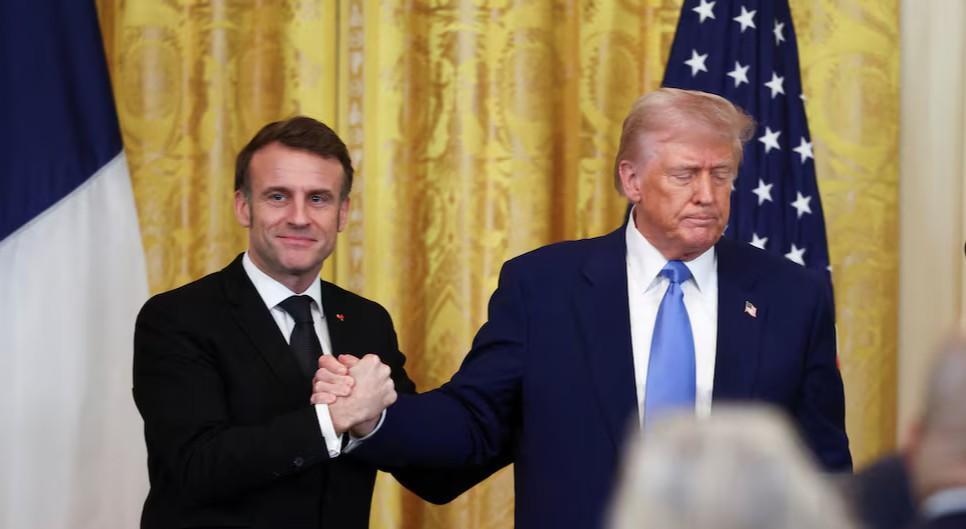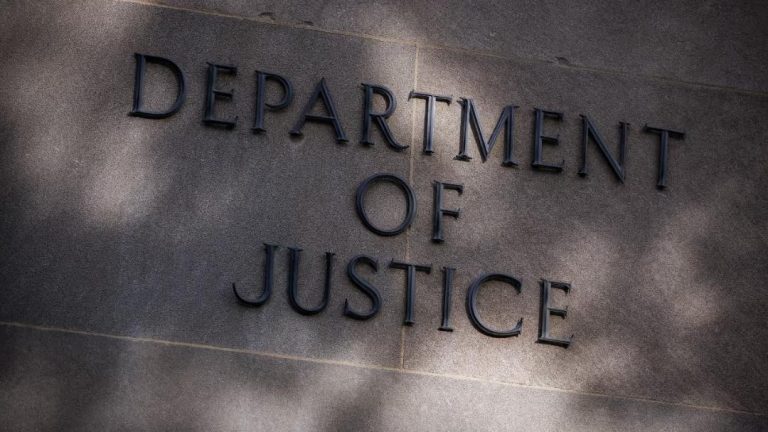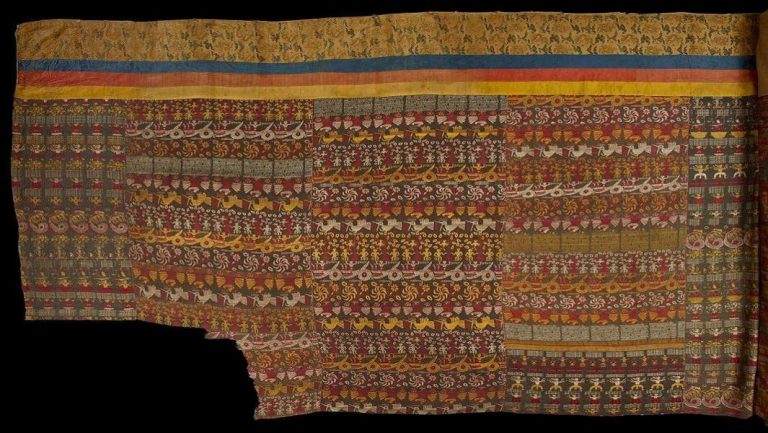
What Macron Says Doesn’t Matter: Trump on Recognising Palestine
In a recent statement, US President Donald Trump dismissed French President Emmanuel Macron’s decision to recognize Palestine as a state at the UN General Assembly in September. Trump’s response was met with surprise and criticism from many, as Macron’s move was seen as a significant step towards recognizing Palestinian sovereignty.
During a press conference, Trump downplayed Macron’s statement, saying, “Macron is a different kind of a guy…He’s a team player, pretty much. But here’s the good news: What he says doesn’t matter.” Trump went on to add that Macron’s statement doesn’t carry any weight, implying that the French president’s words were empty and lacked substance.
Macron’s decision to recognize Palestine was seen as a major diplomatic move, as it marked the first time a major European power had done so. The French president has been a strong advocate for a two-state solution to the Israeli-Palestinian conflict, and his recognition of Palestine was seen as a step towards achieving this goal.
However, Trump’s response to Macron’s statement suggests that the US president is not interested in pursuing a similar path. Trump has been a long-time supporter of Israel and has consistently opposed the idea of recognizing Palestine as a state. In 2017, Trump recognized Jerusalem as the capital of Israel, a move that was widely criticized by the international community.
Trump’s dismissal of Macron’s statement has been met with criticism from many, including human rights groups and diplomats who have long advocated for a peaceful resolution to the Israeli-Palestinian conflict. Many have argued that Trump’s response is a sign of his administration’s lack of commitment to finding a peaceful solution to the conflict.
The recognition of Palestine as a state is a significant step towards achieving a two-state solution, which has been the long-standing goal of the international community. A two-state solution would involve the establishment of an independent Palestinian state alongside the state of Israel. This solution has been endorsed by the United Nations, the European Union, and many other countries around the world.
However, despite the widespread support for a two-state solution, the Israeli-Palestinian conflict remains unresolved. The conflict has been ongoing for decades, with both sides refusing to compromise on key issues such as territory, borders, and the status of Jerusalem.
The recognition of Palestine as a state is seen as a key step towards resolving the conflict, as it would give the Palestinian people a sense of sovereignty and independence. It would also provide a platform for the Palestinian people to negotiate with Israel and other countries on an equal footing.
In his response to Macron’s statement, Trump failed to offer any alternative solutions to the conflict. Instead, he focused on dismissing Macron’s words, implying that they were empty and lacked substance. This response has been criticized by many, who argue that Trump’s administration is not interested in finding a peaceful solution to the conflict.
The Israeli-Palestinian conflict is a complex and sensitive issue, and any solution will require careful consideration and negotiation. However, Trump’s response to Macron’s statement suggests that his administration is not willing to engage in meaningful diplomacy or consider alternative solutions to the conflict.
In conclusion, Trump’s dismissal of Macron’s statement recognizing Palestine as a state is a worrying sign that the US administration is not committed to finding a peaceful solution to the Israeli-Palestinian conflict. The recognition of Palestine as a state is a significant step towards achieving a two-state solution, and it is crucial that the international community continues to push for this goal.
Sources:





